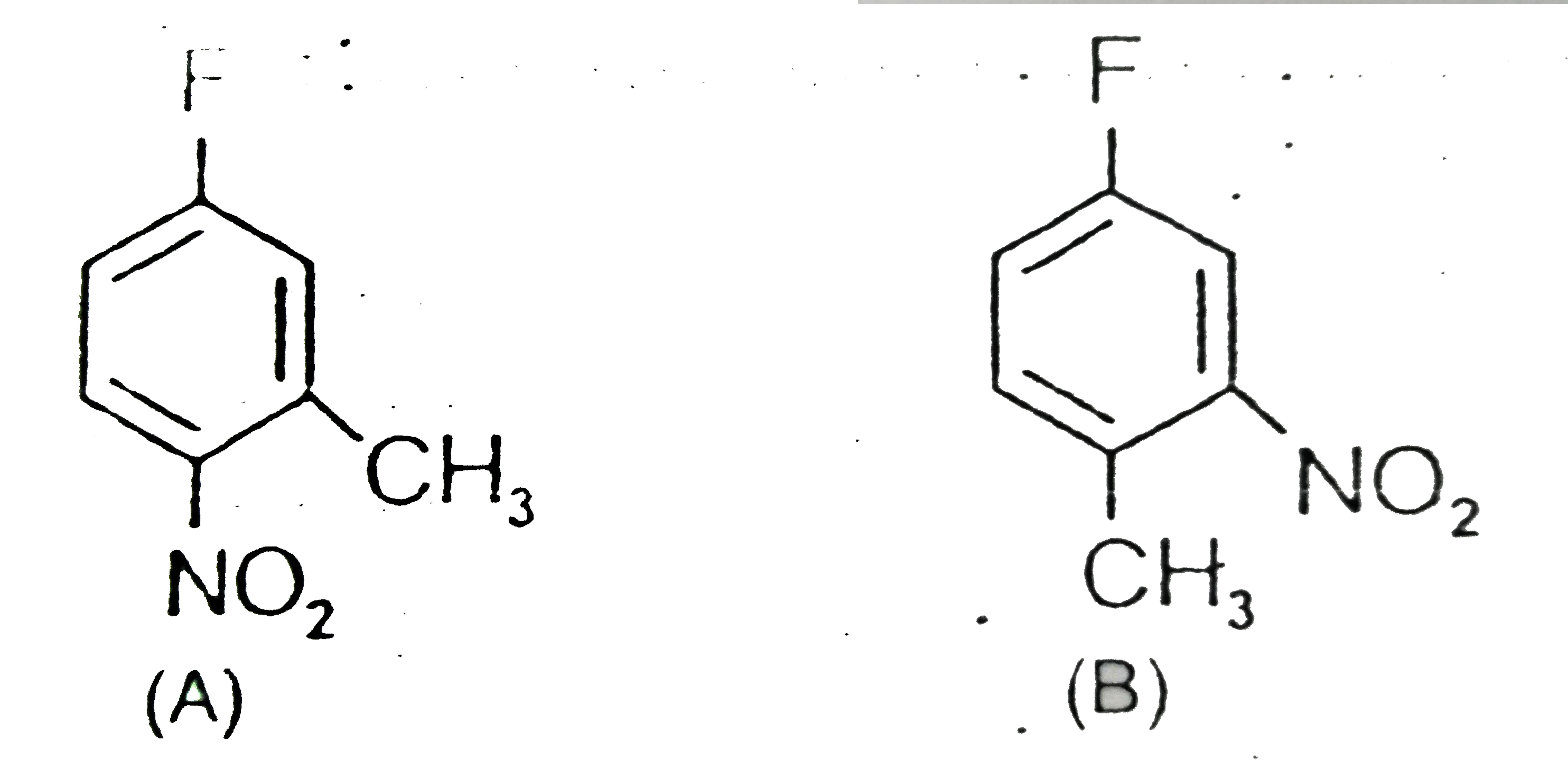Which of the following oxides reacts with both HCl and NaOH?
Zn(OH)2
BeO
Al2O3
All of these
The correct Answer is:D
To solve the question "Which of the following oxides reacts with both HCl and NaOH?" we need to identify the amphoteric nature of the given oxides. Amphoteric substances can react with both acids and bases.
1. Understanding the Reactants:
- We have two reactants: HCl (hydrochloric acid) and NaOH (sodium hydroxide).
- HCl is an acid, and NaOH is a base.
2. Identifying Amphoteric Oxides:
- An oxide that can react with both an acid and a base is termed amphoteric.
- We need to check the amphoteric nature of the given options: zinc hydroxide, beryllium oxide, and aluminium oxide.
3. Analyzing Each Option:
- Zinc Hydroxide (Zn(OH)₂):
- Zinc hydroxide is known to be amphoteric. It reacts with acids to form zinc salts and with bases to form zincates.
- Beryllium Oxide (BeO):
- Beryllium oxide is also amphoteric. It can react with acids to form beryllium salts and with bases to form beryllates.
- Aluminium Oxide (Al₂O₃):
- Aluminium oxide is another amphoteric oxide. It reacts with acids to form aluminium salts and with bases to form aluminates.
4. Conclusion:
- Since all three compounds (zinc hydroxide, beryllium oxide, and aluminium oxide) are amphoteric, they can react with both HCl and NaOH.
- Therefore, the correct answer is option 4: all of these.
- We have two reactants: HCl (hydrochloric acid) and NaOH (sodium hydroxide).
- HCl is an acid, and NaOH is a base.
- An oxide that can react with both an acid and a base is termed amphoteric.
- We need to check the amphoteric nature of the given options: zinc hydroxide, beryllium oxide, and aluminium oxide.
- Zinc Hydroxide (Zn(OH)₂):
- Zinc hydroxide is known to be amphoteric. It reacts with acids to form zinc salts and with bases to form zincates.
- Beryllium Oxide (BeO):
- Beryllium oxide is also amphoteric. It can react with acids to form beryllium salts and with bases to form beryllates.
- Aluminium Oxide (Al₂O₃):
- Aluminium oxide is another amphoteric oxide. It reacts with acids to form aluminium salts and with bases to form aluminates.
- Since all three compounds (zinc hydroxide, beryllium oxide, and aluminium oxide) are amphoteric, they can react with both HCl and NaOH.
- Therefore, the correct answer is option 4: all of these.
Topper's Solved these Questions
- MOCK TEST 1Book:VMC MODULES ENGLISHChapter:MOCK TEST 1Exercise:PART II : CHEMISTRY (SECTION-2)
Explore 10 Videos
- LIQUID SOLUTIONSBook:VMC MODULES ENGLISHChapter:LIQUID SOLUTIONSExercise:IN-CHAPTER EXERCISE -L
Explore 10 Videos
- MOCK TEST 10Book:VMC MODULES ENGLISHChapter:MOCK TEST 10Exercise:CHEMISTRY (SECTION 2)
Explore 5 Videos
Similar Questions
Knowledge Check
Which of the following metals will react with NaOH and KOH to liberate hydrogen gas?
AZn, Al, Fe and MgBAl, Fe, Mg and SnCZn, Sn and AlDFe, Mg and AlWhich of the following compounds does not react with NaOH ?
ACH3COOHBCH3CONH2CC6H5OHDCH3CH2OH
Which of the following reagent does not oxidize HCl ?
View SolutionWhich of the following reagent does not oxidize HCl ?
View SolutionWhich of the following does not react with
(I2+NaOH) or NaOI :
View SolutionWhich of the following will be able to react with dilute HCl to give hydrogen gas?
View SolutionWhich of the following s-block eleent reacts with NaOH to give water soluble complex:-
View SolutionWhich one of the following compounds readily reacts will NaOH ?

View Solution